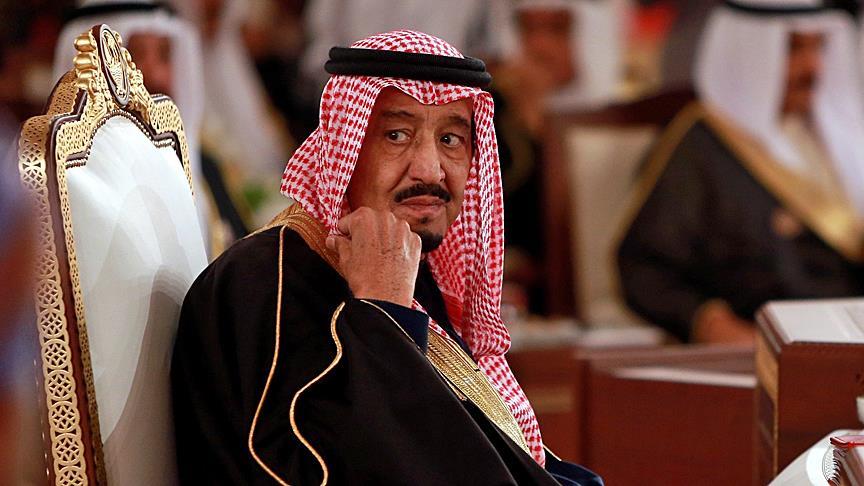Saudis aim to be world financial power: Expert Yergin
Saudi Arabia is trying to become global financial authority similar to its role as oil power: leading energy expert Daniel Yergin

By Ovunc Kutlu
NEW YORK
Saudi Arabia aims to become a world power in finance with its recently announced 2030 goals, IHS Vice Chairman Daniel Yergin, a leading authority on energy and Pulitzer-Prize winning author, said Wednesday.
Speaking at the 2016 Columbia Global Energy Summit held in New York, Yergin said "What Saudi Arabia is trying to do is reform its economy, create jobs for five million young people, diversify [its economy] to be less vulnerable [to oil], and become a financial power in the world economy like it is an oil power."
The Saudi Deputy Crown Prince Mohammed bin Salman introduced the Kingdom's "2030 Vision" on Monday which plans to lower the country's overdependence on oil income, which constitutes around 80 percent of revenues in the economy.
The vision also includes selling less than five percent of shares in the country's crown jewel, the Saudi Aramco national oil company, in an initial public offering (IPO) in the coming months. This plan is devised to generate revenue for the planned sovereign wealth fund -- to be the world's largest with $2 trillion.
"Their time table is very ambitious," Yergin said, adding "the IPO will not happen overnight, there is a lot of work to be done."
Yergin also spoke about the conflict between Saudi Arabia and Iran in the global oil market, and emphasized the deep political rivalry between the two countries in the region.
"The tensions between Saudi Arabia and Iran are enormous. They don't have diplomatic relations. Saudi's messages indicated that they are not going to cut production to make room in the market for Iranian oil," he said.
The Kingdom refused to agree freezing its oil production at the Doha oil producers’ summit on April 17, and stressed that its decision is a result of Iran's continuation to increase its oil output. The Saudis move was seen as an attempt to protect their market share against rising production from Iran.
"Market share does not only have an economic context but it has deep political connotations," Yergin said.
"This goes beyond the oil market. This is about who's the dominant power in the region, the fallout from the nuclear agreement with Iran ... and the geopolitical context with that tension," he added.
Saudi Arabia has long opposed a nuclear deal between Tehran and the U.S.-led western powers, and preferred its rival Iran to be contained in the region. But, once the deal was struck in July 2015, sanctions on Iran were lifted and since then, the country has increased its oil output by one million barrels per day.
Anadolu Agency website contains only a portion of the news stories offered to subscribers in the AA News Broadcasting System (HAS), and in summarized form. Please contact us for subscription options.

